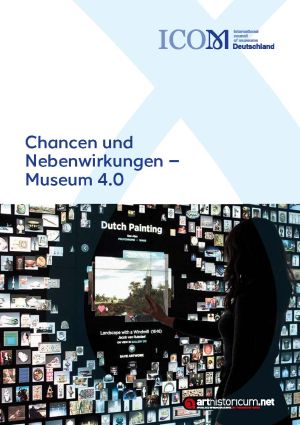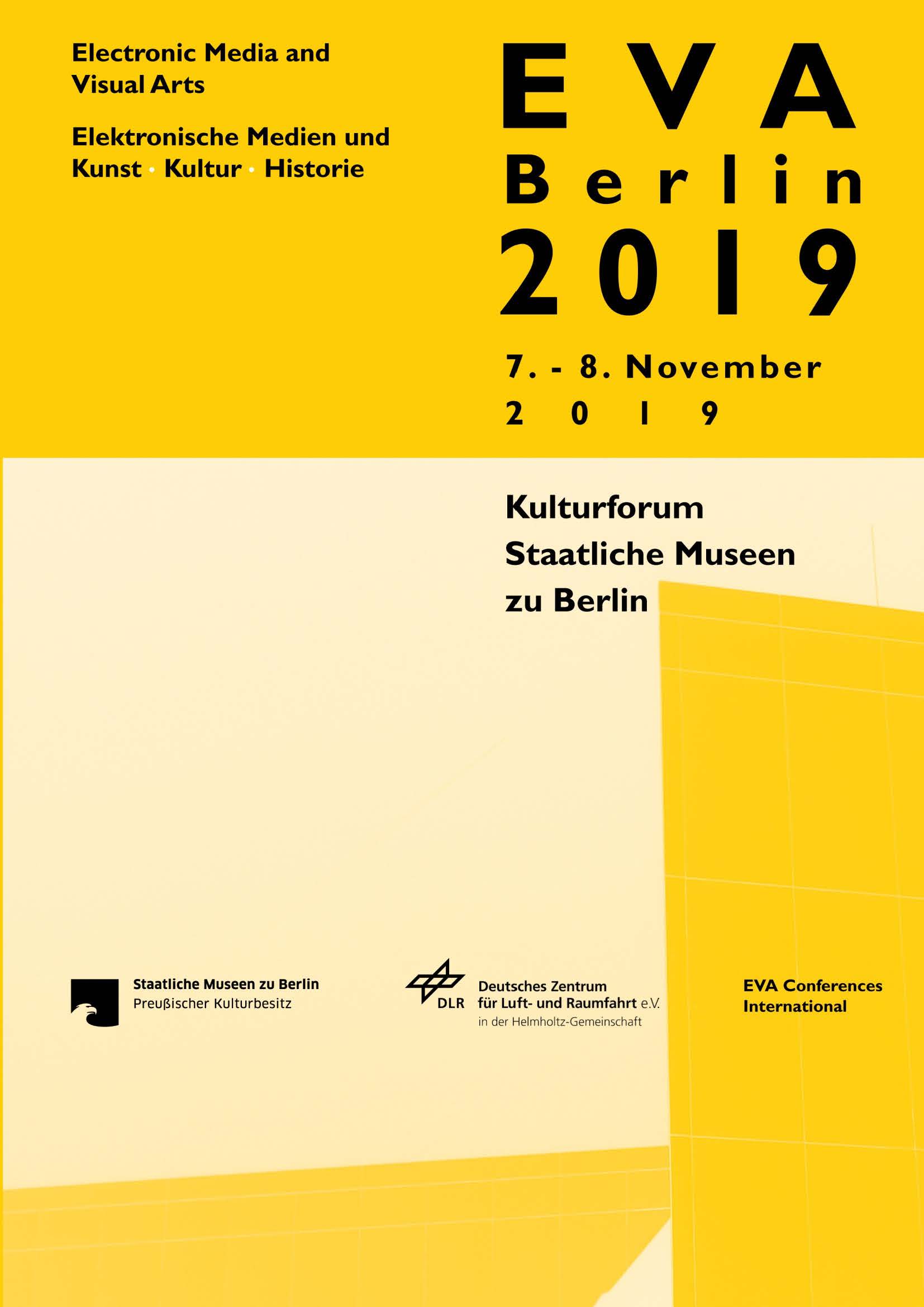Karliczek, André
Chancen und Nebenwirkungen – Museum 4.0: Jahrestagung von ICOM Deutschland, 14. bis 16. November 2019 in München. Tagungsband
The challenges of museums in the digital age are manifold, but where to begin in view of the multitude of tasks? The 2019 annual conference of ICOM Germany used interesting case studies – Museum4punkt0, NUMiD, ViSIT (University of Passau), Cadolzburg (Bavarian Palace Administration), Digital Strategy for Museums (State Office for Non-Governmental Museums in Bavaria), and many others – to discuss different perceptions of the field of digitization in cultural establishments, individual fields of action, and difficulties that often arise in museum reality. As diverse as the museums are, the twenty or so examples presented make it clear: If digitization is to be a successful sustainable opening of museums to the digital and thus extend beyond individual digital mediation offers, emphasized Julian Nida-Rümelin in the introduction, it must go hand in hand with a digital mindset and a corresponding work culture. Furthermore, a digital strategy that suits one’s own institution as well as sufficient resources and the support of the museum sponsors are important requirements.
Konferenzband EVA Berlin 2019. Elektronische Medien & Kunst, Kultur und Historie: 26. Berliner Veranstaltung der internationalen EVA-Serie Electronic Media and Visual Arts
“BASED ON TRUST! Culture in Virtual Environment” is the focus of this year’s conference. It alludes to the oscillating field of tension that has been opened up between data identity and the real presence of cultural heritage. Digital transformation has made available the collection objects in cyberspace. Concerts and performances are transmitted as datastreams, and education and learning is continuously improved by the use of the VR. Digital telepresence technologies, thus, expand the visibility of cultural heritage and generate new contexts, narratives and perspectives.
But how can we represent credibility and uniqueness of the material evidence of the objects in digital data streams? What technical requirements are associated with the creation of plausible and citable scenarios and atmospheres in VR? The claim «Based on Trust» refers to all areas of the «virtualization of the museum» in 2D, 3D, sound and video formats as well as in e-installations, explorative VR applications and AI. Authenticity and credibility are not self-evident at all in digital media. They require complex attribution processes and data curatorial expertise. The Berlin EVA Conference deals with these topics at the interface between memory institutions, public administrations, technology providers and information scientists.








